DALLAS — On November 4, 2019, the International Airlines Group (IAG) announced the full takeover of Air Europa (UX), Spain's second-most important airline.
This decision took the entire Spanish sector by surprise and had astronomical expectations that would ramp up Iberia and IAG to the top of the aviation industry.
The global situation in 2019 was completely different from what we see today. More people were flying than ever, the domestic and transatlantic markets were showing extremely good results, and “COVID-19” was only mentioned inside Wuhan, in China.
Today, however, as of July 2024, IAG was close to completing five years of effort, dedication, and sacrifices to fully acquire UX. The deal was arranged between the two airlines, and the only thing remaining was an “OK” from the European Union to approve the transaction.
This decision was expected to happen on August 20, but the aviation community didn’t need to wait until this date. On August 1, 2024, IAG announced that it would be stopping the process completely, giving up presumably on the pressures from the European Council and its requirements.
Now, as the market prepares for the changes influenced by the acquisition, all plans by big airlines, such as Ryanair (FR), Volotea (V7), and Iberia (IB), need to start again. The question is: Will this definitive interruption be the end for a financially struggling UX?

A Bit of Context of Spain’s Aviation in 2019
In an ever-growing aviation industry, Europe was involved in a generalized pattern all across its main hubs. All the country’s main cities and capitals had one big airline established at its airports: London had British Airways (BA), Paris had Air France (AF), Amsterdam had KLM (KL), and so on.
Generally, each major airline in the continent has almost full control over its hub’s traffic and opportunities.
The exception to this rule is Madrid. The capital of the Kingdom of Spain had, of course, IB, the flag carrier and the most important airline in Madrid. However, the share of flights was heavily divided with UX, an airline with an almost identical business model that rose from charter operations to a full hub-and-spoke structure.
Therefore, IAG had a plan: to merge the two largest traditional airlines in Spain into a single holding. This holding would then emerge as the most significant airline in the south transatlantic segment, stifling any chance for any other company to come close to its power.
In November 2019, having no time to accommodate the news, the Spanish aviation community contemplated all scenarios after the finalization of this agreement. These ranged from a pure financial transfer and strategic control to transforming UX into a subsidiary of Iberia, erasing the trademark, and leaving Madrid with one large airline.
IAG and UX owner Globalia agreed that the Air Europa trademark, fleet, and destinations would be maintained and unchanged initially to avoid any interference with monopolistic restrictions in Spain and Europe.
However, this didn’t stop the European Union from stepping in and placing obstacles to a merger that didn’t make many happy.

2020: The Pandemic and EU Restrictions
With the arrival of 2020 and, with that, the largest crisis in the history of commercial aviation, the agreement between IAG and Globalia hung by a thread due to the market's great instability.
The European Council, on the other hand, saw a significant thread of monopoly in the main route segments controlled by the two carriers, especially domestic flights, the Canary Islands, and transatlantic flights. After the merger, the EU feared a sudden price rise due to the lack of competition. The number of routes identified in danger of monopoly rose to 70 connections across all these markets.
Therefore, the EC proposed a first restriction: to give a significant share of UX and IB slots to other airlines in Madrid. The list of candidates included V7, World2Fly (2W), Plus Ultra (PU), and FR.
As the evolution of this massive operation was slower than expected, in November 2020, the Spanish government approved a €475 million loan to rescue UX so that it could continue flying despite the challenges of the pandemic.
As time passed, and the European Commission established even more barriers to the merger, IAG temporarily suspended the process in December 2021, paying another €75 million to Globalia for the pause.

2022: Air Europa Begins to Struggle
Unlike the rest of the continent's airlines, which saw 2022 as the beginning of aviation's revival after the COVID-19 crisis, UX didn’t perform as expected and began reporting its first financial losses and debts.
In March of that year, the International Airlines Group signed another non-guaranteed loan to UX, which rose to €100 million. Three months later, this loan became an acquisition of a 20% stake in the company by IAG. This share would be the only and largest the group would have been able to acquire before the permanent stop.
Many in the aviation community saw this loan as “securing Air Europa doesn’t collapse before the merger.” In fact, the carrier's financial situation began to show increasing fragility over the next year.
With the arrival of 2023, negotiations between the two carriers and the EU were resumed, but in May 2023, pilots began isolated strikes and walkouts over salary reductions and payment delays. Two months before, local news revealed that the airline had accumulated a debt of €2.800 million, including aircraft leasing charges to dry-lease companies and Norse Atlantic Airways (N0), renting five Boeing 787 jets to UX. These would be absorbed by IAG by the end of the operation.
In a statement released by the prestigious British bank Barclays PLC, the entity advised IAG: “It is best to let Air Europa fail and go under.” In that way, it would be much easier to obtain slots and flights from Madrid rather than purchasing the full airline and its debts with it.

2024: Airlines Prepare for the Merger
In 2024, the European Union played a key role in terminating the agreement with a negative end. The EC rejected, once again, the plans presented by IAG to avoid the monopoly in routes out of Madrid, and the group even added two new candidates to take over the slots: Binter (NT) and Avianca (AV).
Despite this, the industry was looking forward to a positive finalization. This was seen in the drastic decisions made by numerous airlines involved. On one hand, V7 announced plans to create a large hub in Madrid with up to 20 aircraft. On the other hand, the Abra Group, owner of AV and investor in Wamos Air (EB), signed an MoU with Airbus for five Airbus A350-900 units.
While the Abra Group did not reveal which of the two carriers would benefit from this fleet expansion, this decision was surely related to the upcoming IAG and UX agreement. As of today, AV has four links between Madrid and South America, including Bogotá (BOG), Cali (CLI), Medellín (MDE), and San Salvador (SAL).
On June 18, 2024, the IAG proposed to the European Commission to give in an astronomical share of 52% of UX’s slots and frequencies to other airlines, but still, this idea was rejected by the EC.
Despite this, at the Airline Leaders Summit, celebrated at Farnborough Airshow 2024, Luis Gallego, CEO of IAG, said that the European Union would eventually decide and give the long-awaited “OK” to the merger on August 20. He also confirmed that, if granted, UX would fully be part of the International Airlines Group.

IAG Backs Off: Is this the End for Air Europa?
Despite the company's efforts, IAG finally gave up on the process in an unprecedented move and canceled all plans to acquire UX on August 1, 2024. The company, therefore, abandoned its expectations of a mega-hub in Madrid and is forced to pay Globalia another €50 million in compensation. IAG would not attempt to purchase the airline in the long term.
Now, UX is alone in the industry. The second largest carrier in Spain has lost its financial rescuer since the COVID-19 pandemic. At the same time, in the public eye, the International Airlines Group has wasted €225 million in loans and compensations in an operation that many viewed since the beginning as impossible and unachievable.
While it may not be the worst historically, UX is in a tough financial position. The company is still being forced to give back its €475 million loan from the Spanish government’s rescue until 2026, and it is complicated to calculate which share of the enormous debt has been reduced to date.
On the operational side, the airline is involved in a major crisis surrounding its Boeing 787 planes, which show clear signs of quality issues and bad performance. The Dreamliner fleet is also still suffering from the Trent 1000 crisis.
On the other hand, UX has been awaiting the reception of its first Boeing 737 MAX jets since 2019. Production delays, including order cancellations, make it very difficult to predict when the first unit will arrive. This leaves the airline needing to keep dry-leased 737 NGs since 2021, which were supposed to remain as temporary patches to cover the rising demand.
Air Europa concluded July with a punctuality record of slightly over 50% on all its flights.
In a Spanish aviation market shaken up by the cancellation of IAG’s merger with UX, it may be time to consider preparing for a more significant crisis: the collapse of the country's second-largest airline.

.jpg)
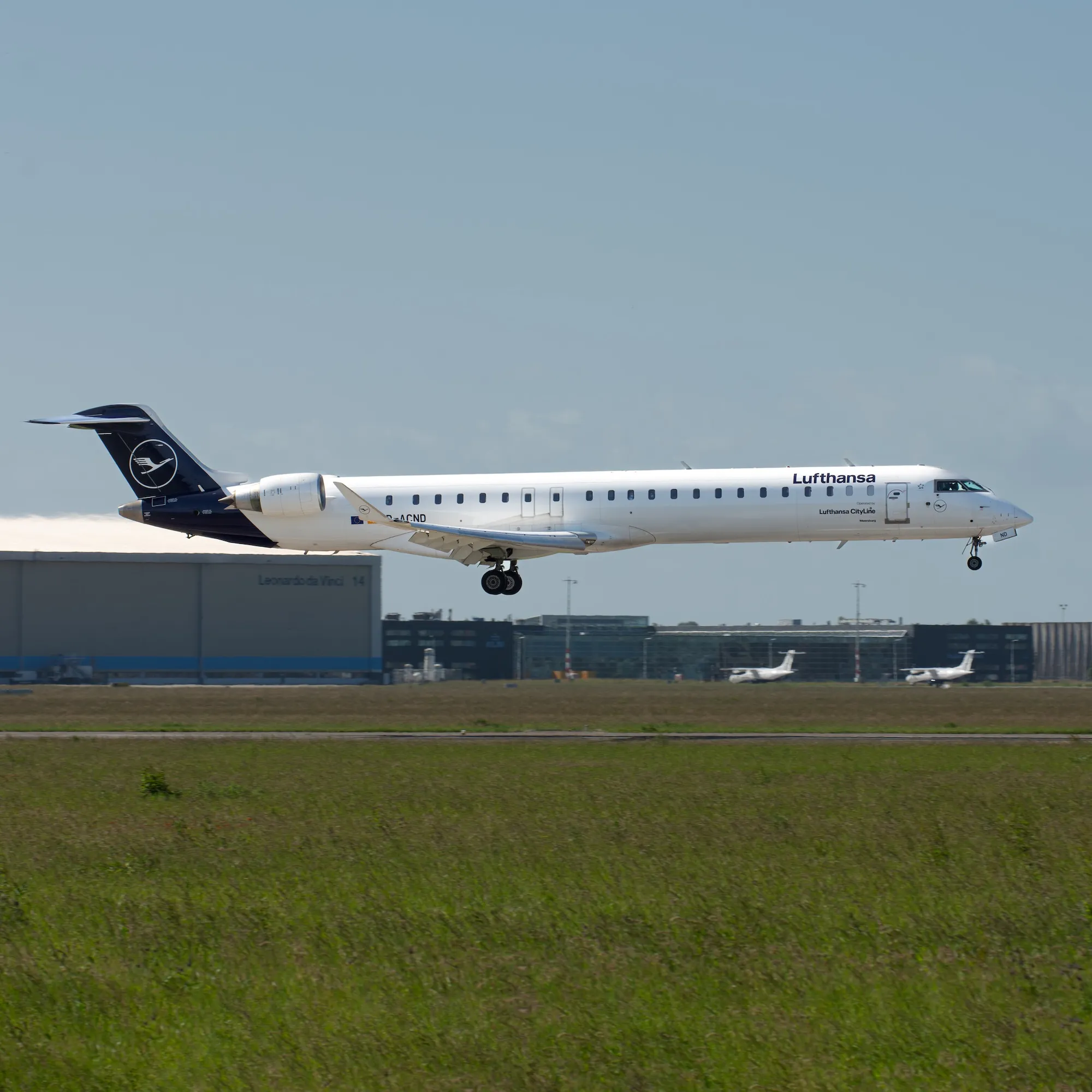
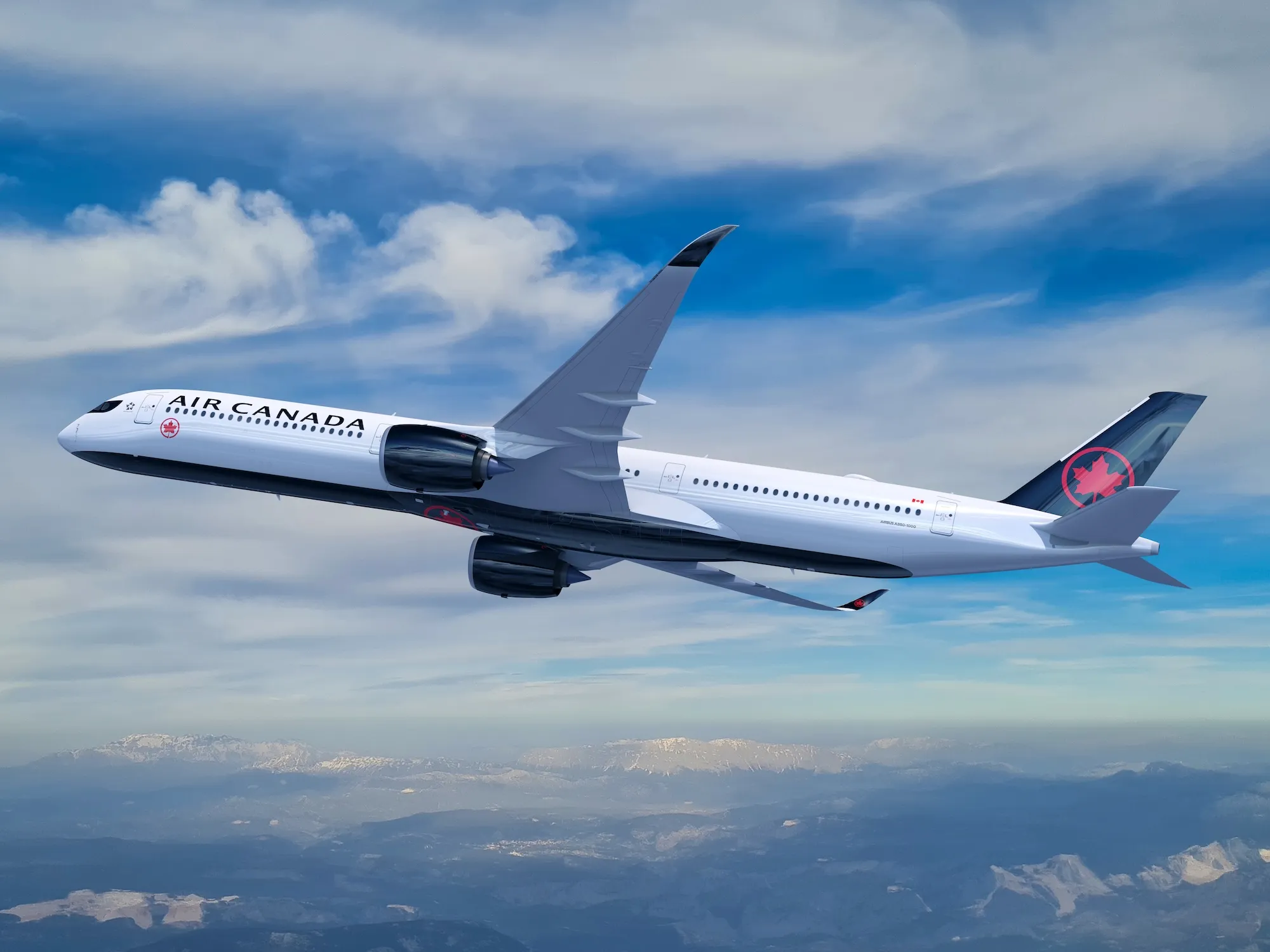
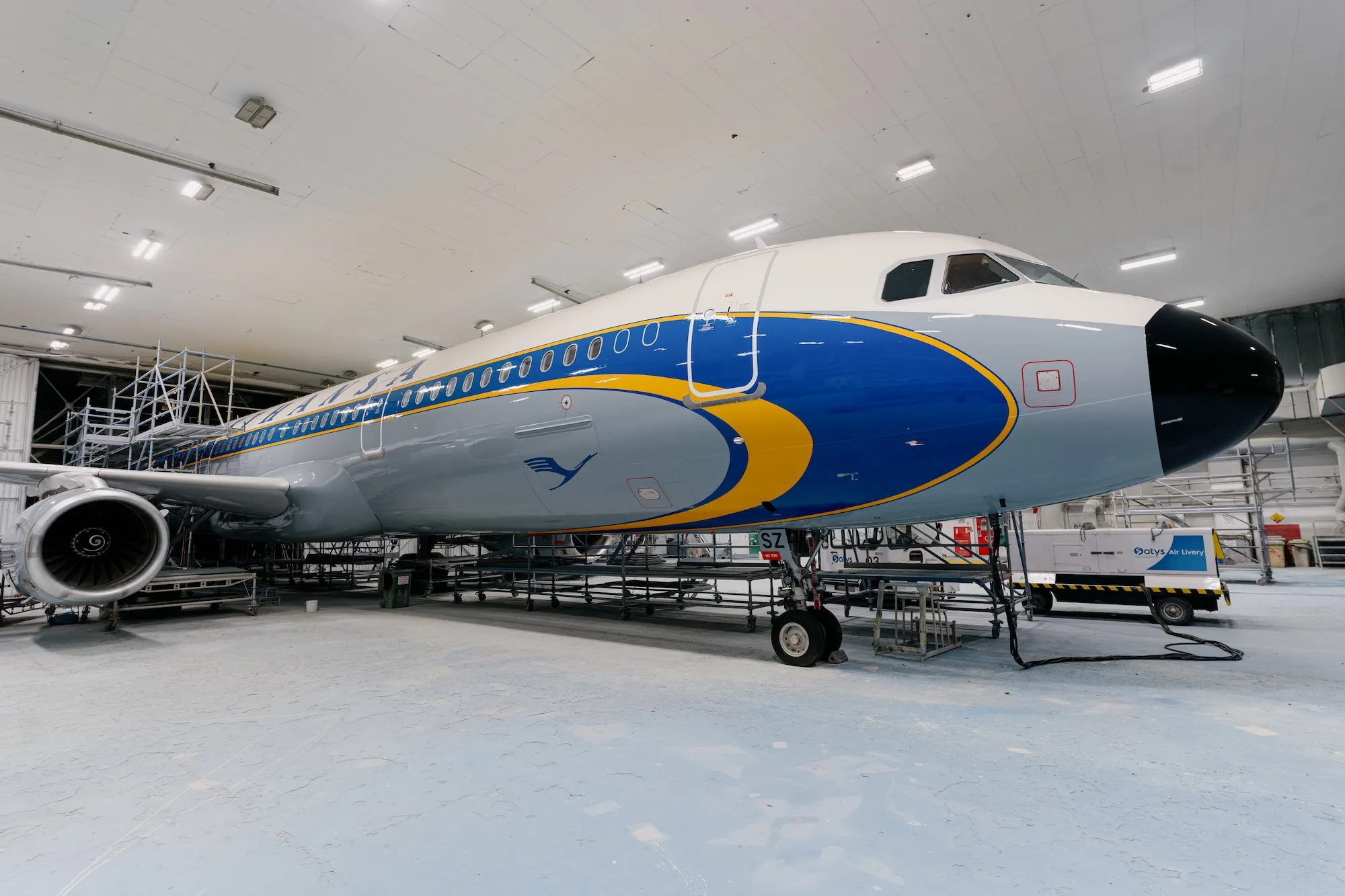
.webp)
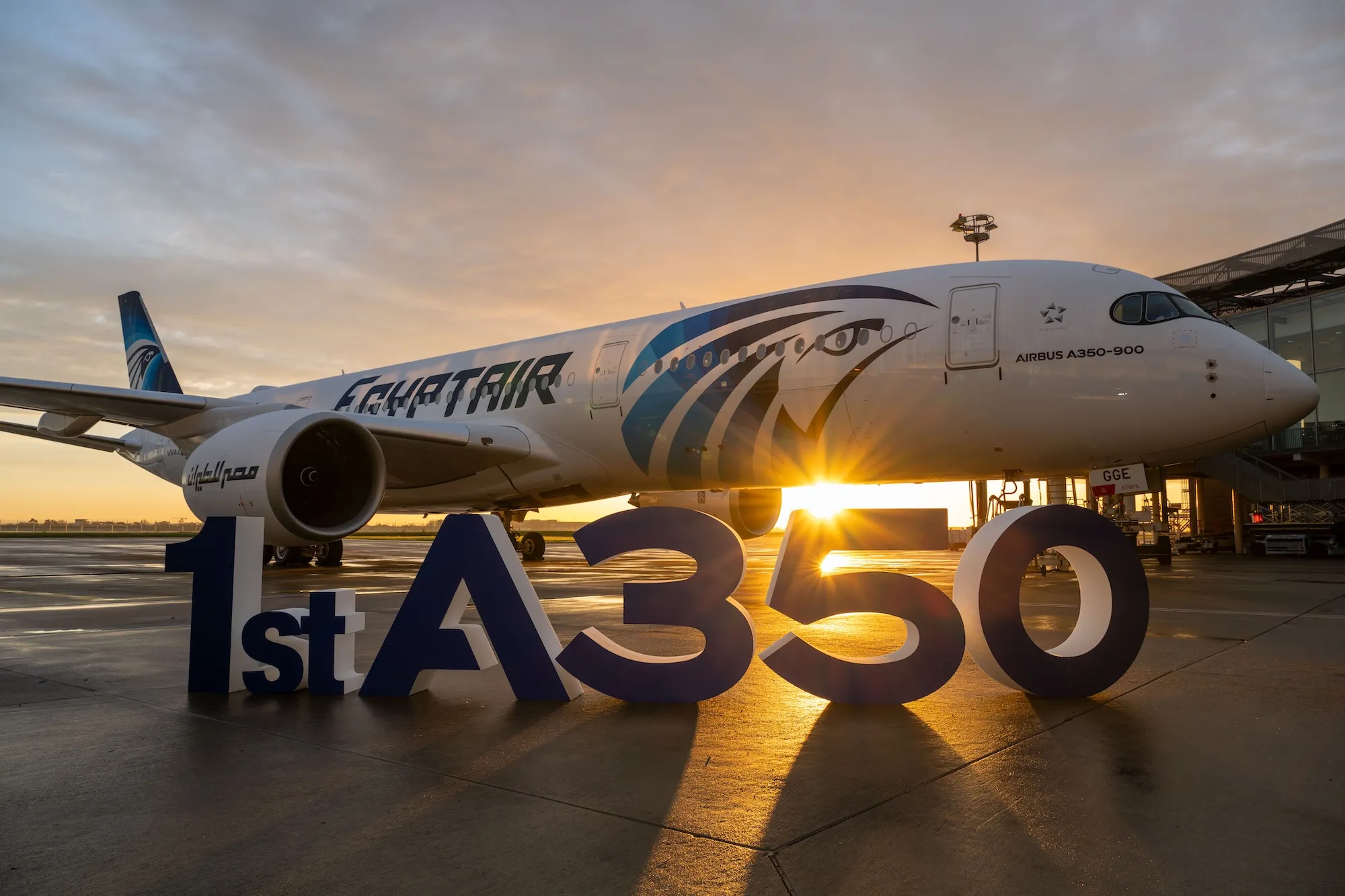
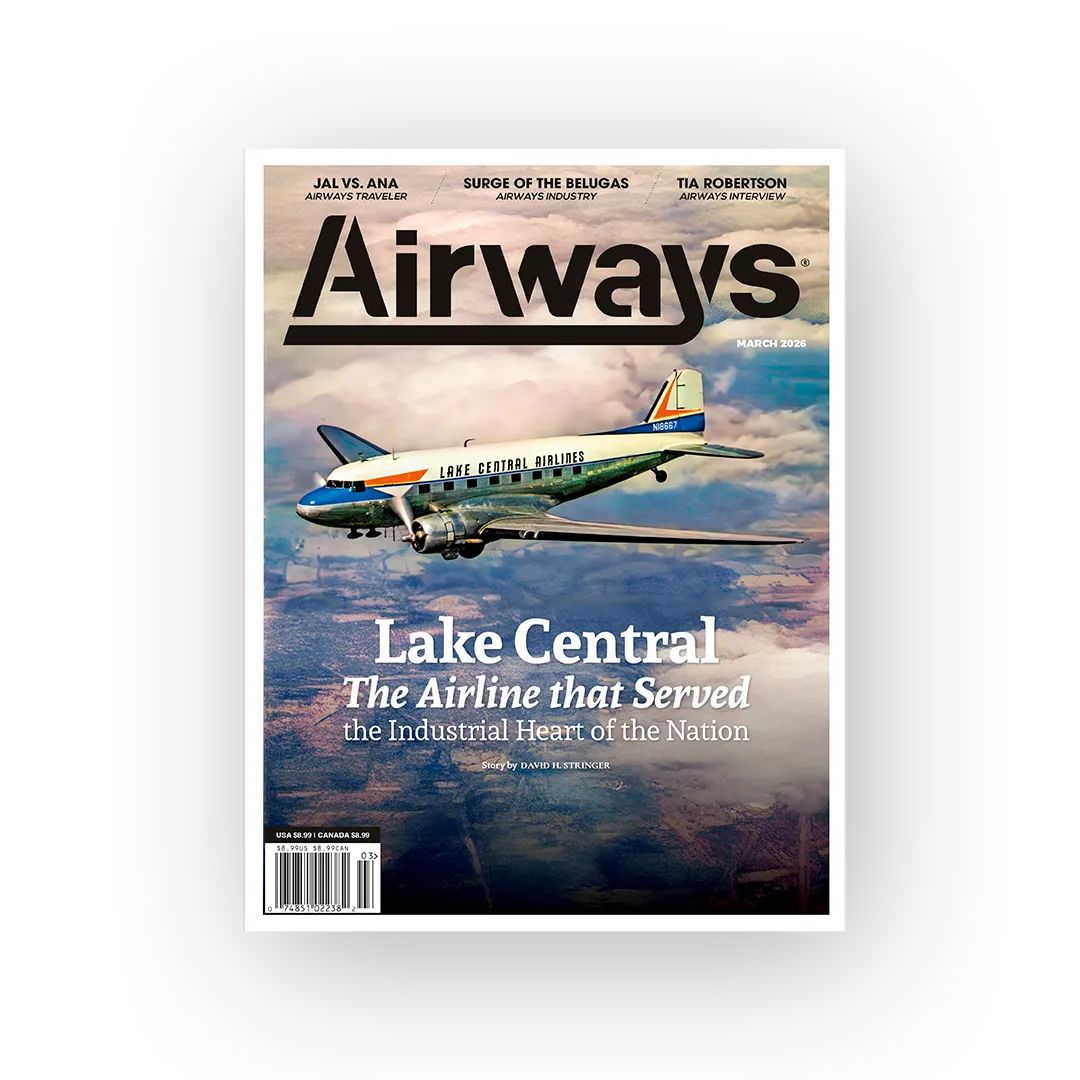

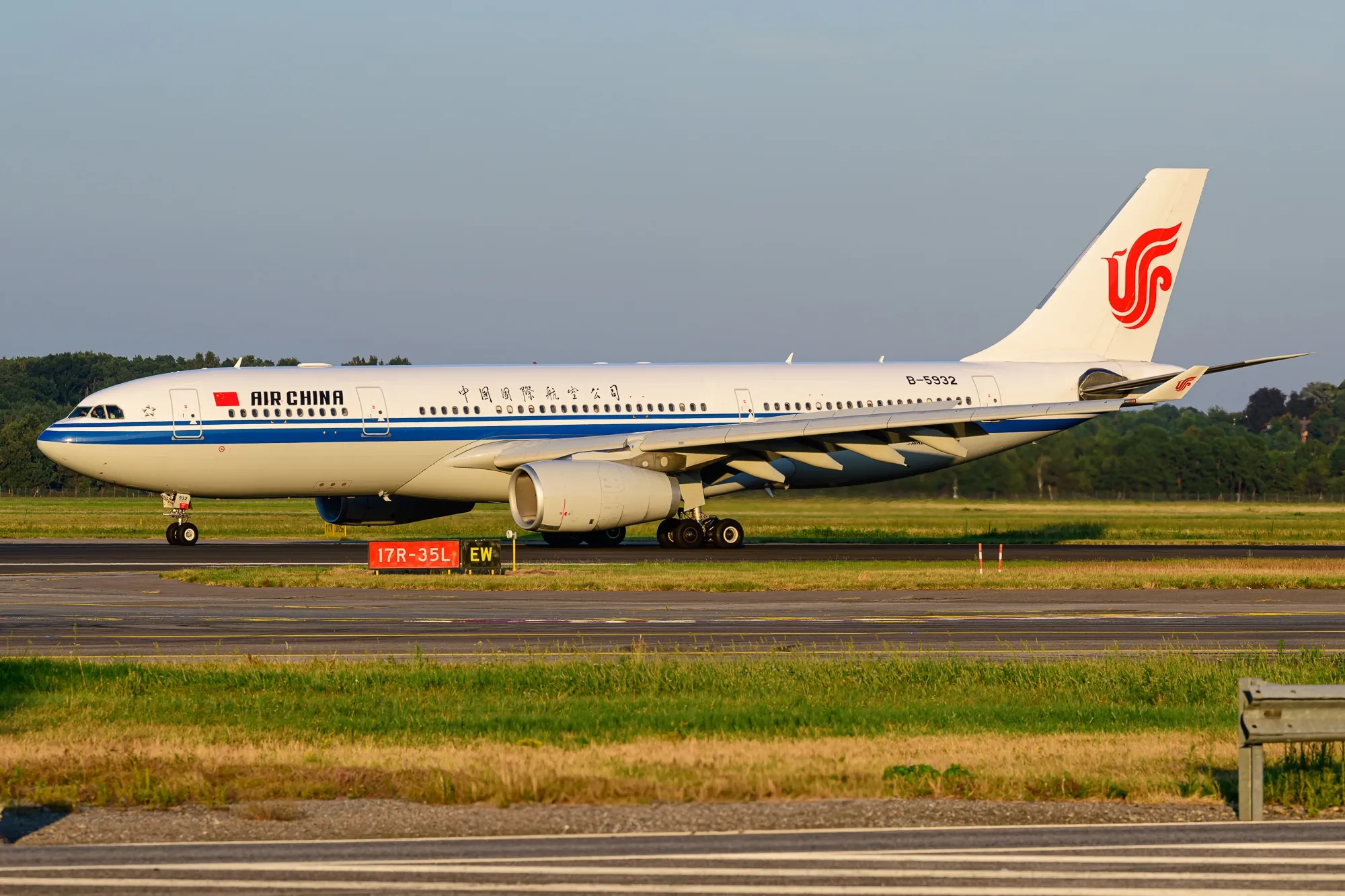
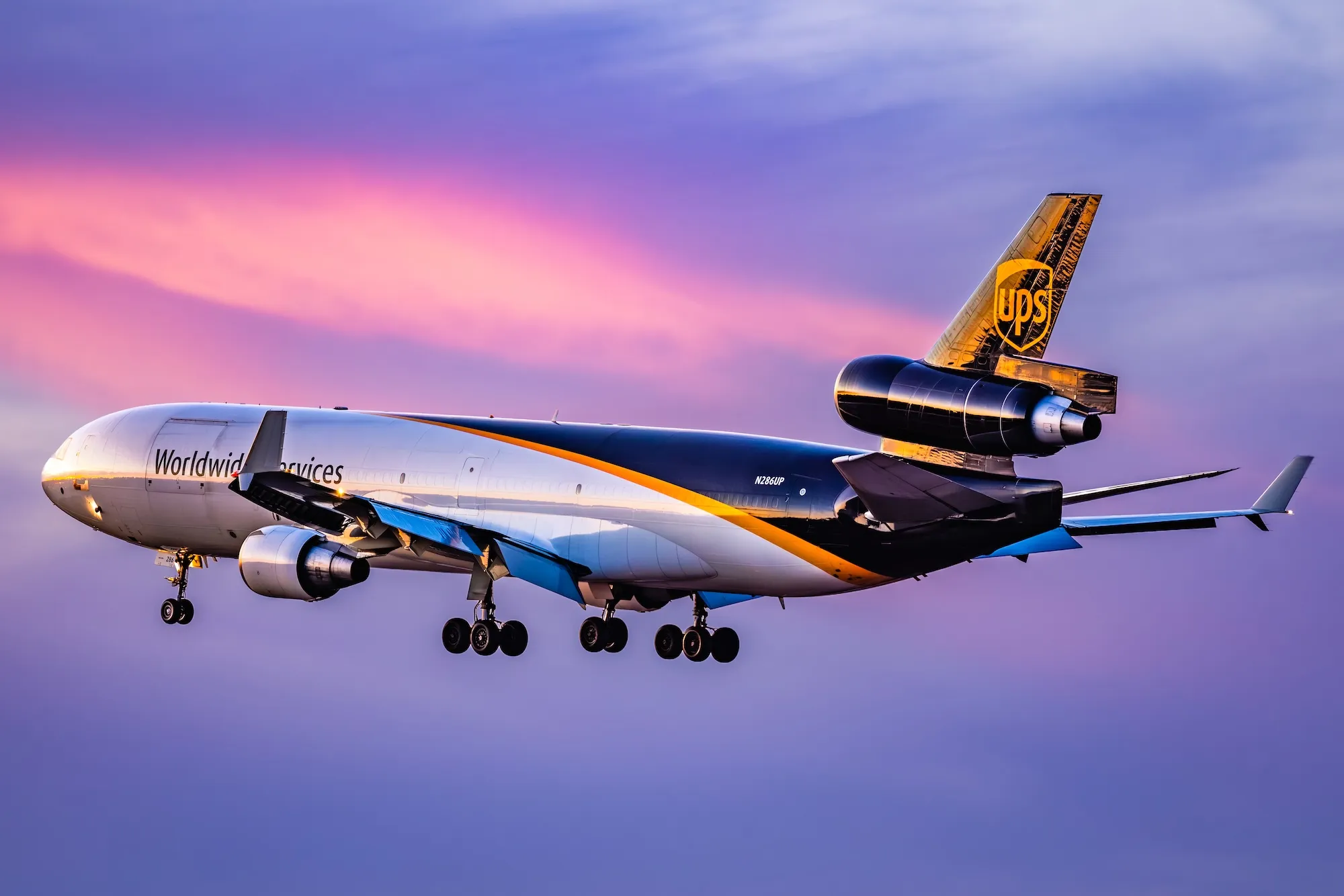
.webp)